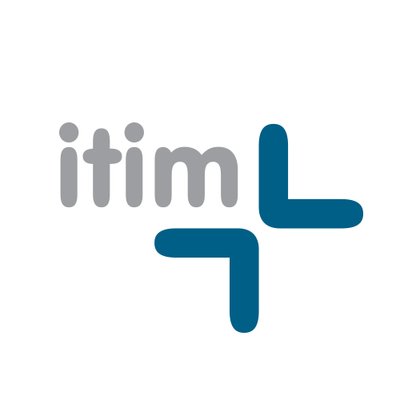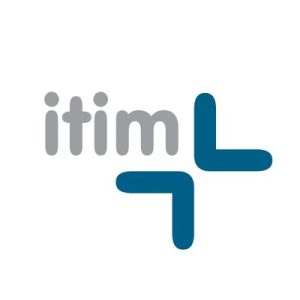Retail sales across various segments observed by Retail Dive saw a 6% increase in July compared to the previous year, according to data released by the U.S. Department of Commerce. This growth is seen as a testament to the durability of consumer spending, even in the face of challenges like high inflation and interest rates. Ted Rossman, a Senior Industry Analyst at Bankrate, noted that this resilience was evident despite the economic hurdles.
The National Retail Federation, which now bases its monthly reports on credit card data, reported a more modest increase of 1.7% year over year, excluding sectors like restaurants, auto sales, and gas. The overall boost in the government’s data was significantly supported by an 11.6% rise in e-commerce, partly driven by Amazon’s Prime Day and similar promotions from other retailers. According to GlobalData research, sales volumes also increased by 1.7% compared to the previous year.
Wells Fargo economists, led by Tim Quinlan, suggest that a more accurate measure of consumer resilience will come from the federal personal income and spending report expected later this month. Nevertheless, the July retail sales figures were considered a positive economic indicator, exceeding most expectations. The economists highlighted the ongoing strength of the U.S. consumer, even amid economic uncertainty.
Moody’s Ratings Vice President, Mickey Chadha, pointed out that in July, consumers continued to spend despite economic uncertainty. This spending was supported by a strong employment environment, real wage gains, and easing inflation and gas prices. However, Chadha cautioned that consumer spending could slow down in the coming months as individuals become more selective in their purchases, focusing on value and essentials. Lower-income households remain under pressure, with many consumers delaying major purchases. High-end buyers are increasingly seeking better deals and private labels, while some aspirational consumers continue to prioritise luxury goods and services. The use of credit cards has surged as disposable income shrinks.
Neil Saunders, Managing Director at GlobalData, observed that some consumers delayed purchases in June in anticipation of savings in July. Additionally, some back-to-school shopping was likely moved up to July. Saunders remarked that in the current economic climate, consumers need incentives to spend, and July provided plenty of reasons to do so.
In terms of specific categories, electronics, which had been struggling for months, experienced a significant 7.2% increase in sales during July. Furniture sales remained steady compared to the previous year, while apparel sales rose by 1.7%. GlobalData recorded a 1.3% increase in apparel sales volume, though this was insufficient to prevent a 1.9% decline in department store sales. Sporting goods and hobby stores saw a 5% drop in sales.
itim Group plc (LON:ITIM) is a SaaS-based technology company that enables store-based retailers to optimise their businesses to improve financial performance and effectively compete with online competitors. Itim adds retail value by helping multi-channel retailers optimise their business and their stores to improve financial performance and compete more effectively with the “Amazons”.


